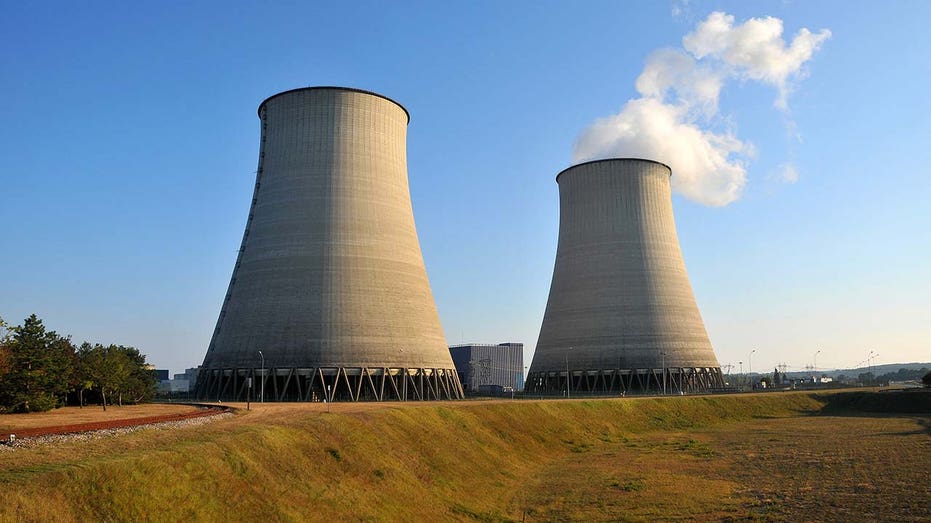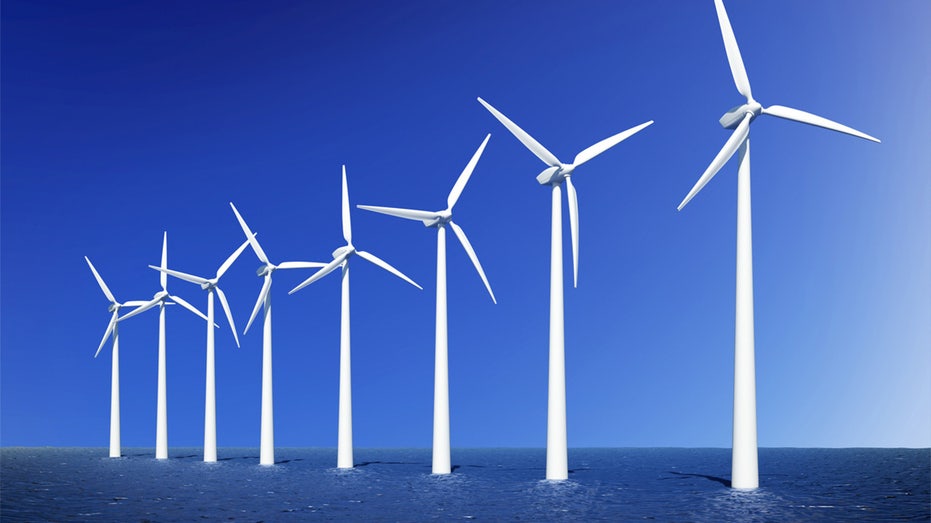FRANCE: After four decades of Denmark’s ban on nuclear power, the country is now considering reversing its anti-atomic stance. And that move may be part of a big change in how electricity gets generated in Europe.
The Danes took note of the massive power outage last month that cut off electricity for the whole of Spain and neighboring Portugal plus some of southern France. The problem was that there was no reliable base power such as nuclear energy running on the grid at the time. Instead, those countries had to rely on frequently unstable renewable energy, such as solar and wind.
Yet when the blackout arrived, Spain’s Prime Minister categorically ruled out an overreliance on solar and other renewable energy as a reason for the grid crashing. Still increasing numbers of people don’t see it that way.
“Without nuclear, net-zero is impossible,” Daniel Lacalle chief economist at Madrid-based investment company Tressis, told FOX Business. That’s because renewable energy such as solar or wind is not reliable enough to provide consistent energy.
SPAIN’S PUSH FOR NET-ZERO BACKFIRES WITH CRIPPLING POWER OUTAGE ACROSS 2 NATIONS
All electricity grids need to have a so-called base-power that can be relied on, experts say. Historically, the base has been coal, natural gas and nuclear. But of those three, only nuclear produces carbon-free electricity.
Meanwhile, much of Europe’s population has been terrified of nuclear power for decades with anti-nuclear activists citing the disasters at Chernobyl, Ukraine and Fukushima, Japan. But Lacalle says there’s some good news for nuclear now.
Denmark isn’t the only Nordic country warming to nuclear power. In March, Sweden said the EU needs to push for nuclear power to ensure there is energy security. Likewise, Norway was already toying with the idea of small modular nuclear reactors. The Left in Europe always mentions the Nordic countries for everything, Lacalle says. “The fact that Denmark, Norway and Sweden are deciding to change policies, that is huge in terms of sentiment,” he told FOX Business.
GERMANY IN ECONOMIC DOLDRUMS AMID TRUMP TARIFF WAR, CHINA COMPETITION
Near the end of the last decade, leading politicians in Europe began to embrace what’s commonly known as net-zero. It was an effort that refers to a change in energy use that results in having zero carbon emissions on a net basis. The prevailing view by many of Europe’s elites is that this reduction in carbon use will help slow warming of the earth.

In 2017, Sweden committed to achieve Net Zero carbon emissions by 2045. In 2019, the United Kingdom, Denmark, and France committed to net-zero. In 2021, Germany signed up as well. Germany, the U.K. and France are the largest economies in Europe.
However, some experts say these pledges have come with an immediate cost. “Embracing net-zero through forced conversion to windmills and solar panels, shutting down nuclear (which, hello, does not release carbon), relying on Russia for natural gas, and various other taxes and subsidies has contributed to the astonishing end of European growth,” John H. Cochrane a senior fellow at the Hoover Institution told FOX Business via email.
The economic growth figures are bleak, and support Cochrane’s view. For the European Union. From 2019 through 2024, it has grown at an average 1.2% annually, down from an average of 1.6% over the period 2000 through 2018, according to government data. For the U.K. average annual growth from 2019 through 2024 was 1.1% versus 1.9% on average from 2000 through 2018. Given that net-zero has only been embraced by Europe’s big economies for five years, it may be too early to categorically blame the policy for all of the slower growth.
“Plus, it hasn’t done anything at all to lower carbon emissions,” Cochrane said, adding that whatever gas isn’t used will get burned by someone else. He notes that China uses a lot of coal to make solar panels and batteries.

Lacalle says we’ve been sold a bill of goods. “A completely renewable energy-powered grid is simply not possible to achieve,” he said. “And it’s dangerous, because there may be a blackout, and it doesn’t give any benefits to households.”
Read the full article here














